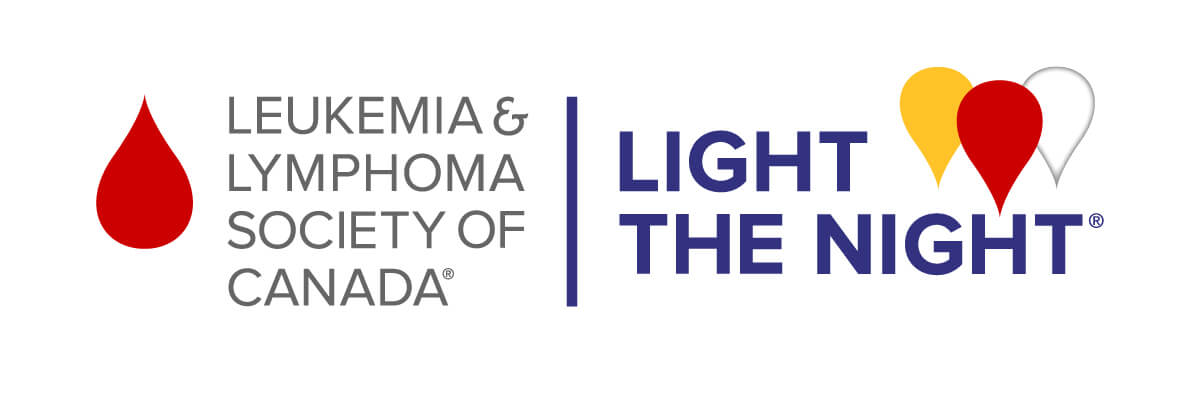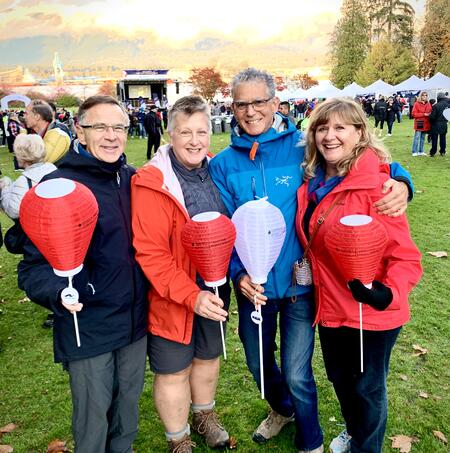I am a family physician and co-chair of a committee working on a coordinated response to Covid-19 in the Fraser Valley. I also work in Long Term Care Homes, do Sport Medicine, and teach Family Practice Residents. I was diagnosed with aggressive T-Cell Lymphoma in 2011, and received a bone marrow transplant that same year. When I was diagnosed, a colleague suggested that I start blogging to share my experience with my peers, family, patients and the community, so Dr. Steve's Blog was created. The blog changed and shifted over time, but functioned as a tool for me to express myself and work through my experience, as well as provide insight and hope for others. At first it felt like a goodbye blog, but over time it turned into a source of optimism and hope. You can read more about my experience here: http://doctorstevesblog.blogspot.com/
In the early days after my treatment ended I really struggled. I would try to be optimistic and come up with a plan for how I was going to return to my new normal and then when I didn't reach the goals I had set out for myself, I experienced depression because I couldn't do what I thought I could. I learned that you really have to be kinder to yourself and lower your expectations, or you set yourself up for disappointment. It's important to remember that eventually you will be able to transition and things will get easier. I also had to learn to change my mindset. I wasn't a Lymphoma Survivor, I was a person who survived Lymphoma. This slight change in perspective has helped me a lot in defining my experience, rather than defining myself. My identity is complex and multifaceted and I don't want my experience with cancer to be the only thing that defines me. In the early days, it's something that happened to me but I needed to take back control over the narrative, and I've found that's very helpful.
I have been on the LLSC mailing list for years, but for a long time I really wasn't up to coming out for the walk. Last year I walked for the first time and it was very inspiring to see all the lights along the seawall in Stanley Park. I also loved to see the kilometer of heroes, where there were so many photos of survivors displayed. I also liked the kilometer of memories. In general, it was really nice to see so many families gathering together and taking a moment to reflect.
Light the Night is a coming together of people with similar experiences. It is an opportunity for everyone to support each other. For people who have experience a loss to grieve and for those who have survived to hope and look to the future. It is comforting to hear all the stories that are shared during the Lantern Lighting Ceremony on stage and to know that together we are collectively grieving, reflecting and celebrating.
As a supporter, in memory, or as a survivor… share with others why you are helping end blood cancers by participating in a Light the Night Walk

